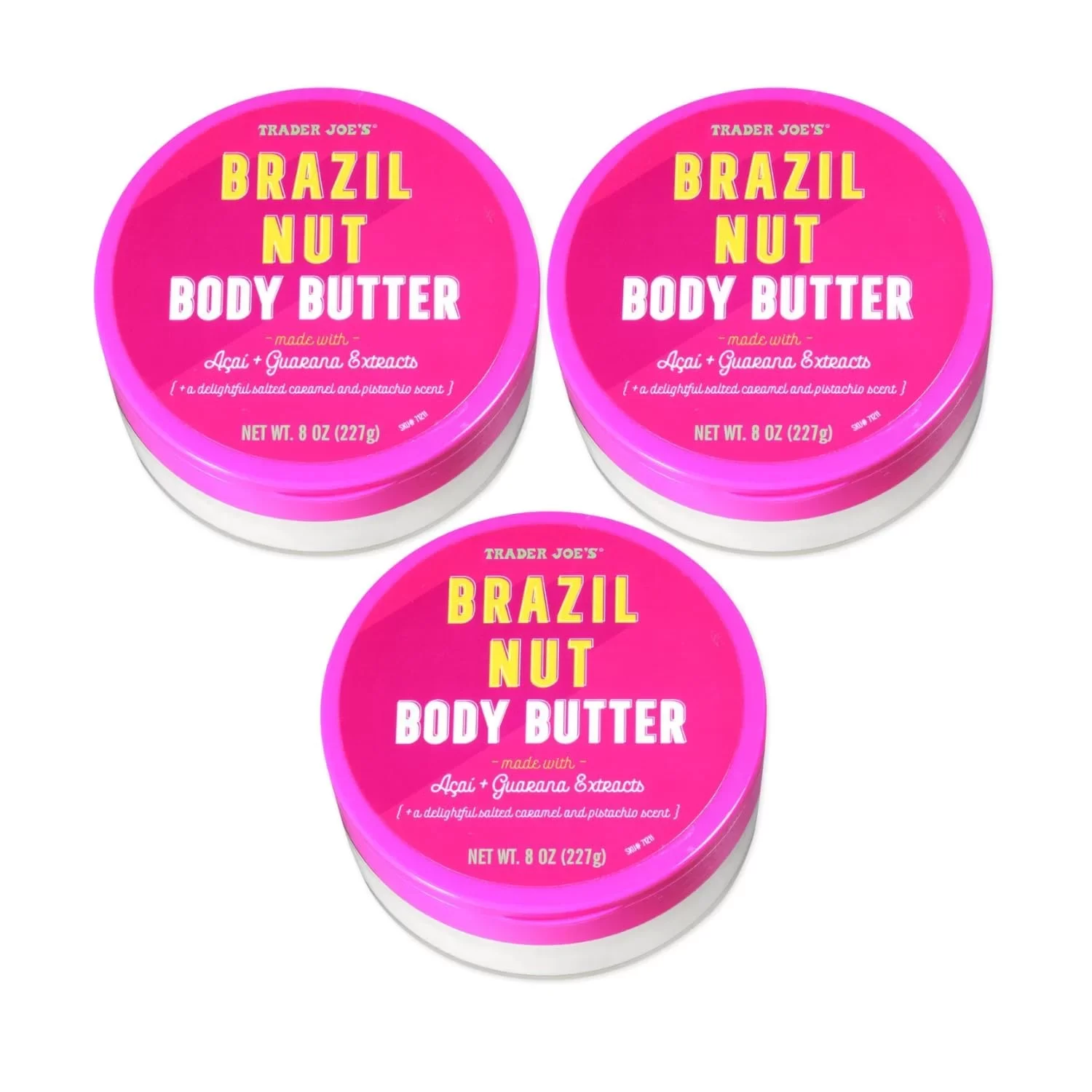
 By
Stylist Venita
By
Stylist Venita
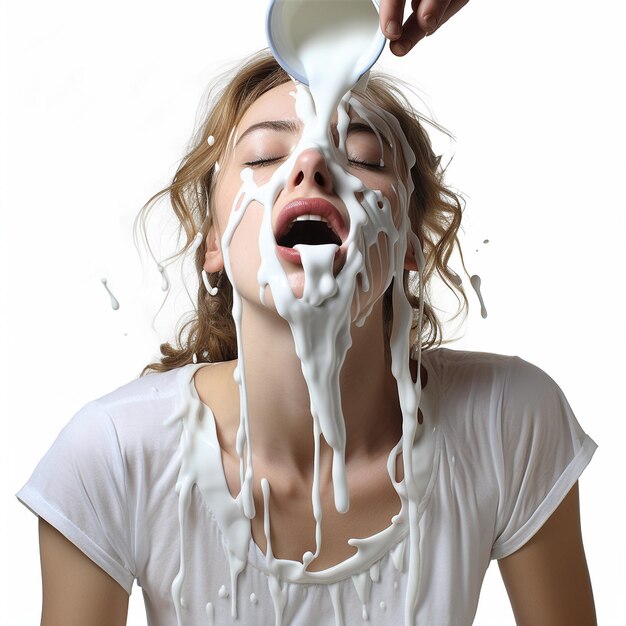
Have you ever heard of the term “cumbrella”? 🤔
If you’re a fan of false eyelashes, you might have come across this word on social media or online forums. At first glance, you might think it’s some weird comb or a fancy umbrella of some sort. If your first thought is some sort of umbrella – congratulations, technically you’re right…except that the story behind the word gets a little dirtier than that 🙈
In this blog post, we’ll take a deep dive into the origins of this peculiar term and separate fact from fiction.
According to a viral meme, the word ‘cumbrella’ is the original name for fake eyelashes.
The origin of the “cumbrella” myth can be traced back to a viral meme that was shared a few years ago on Facebook. The meme claimed that a prostitute by the name of Gerda Puridle invented elongated eyelashes in the 1880s to protect her eyes from semen. And she named her fake eyelashes ‘cumbrella’ to mean ‘an umbrella for ‘c*m‘. This is the meme:
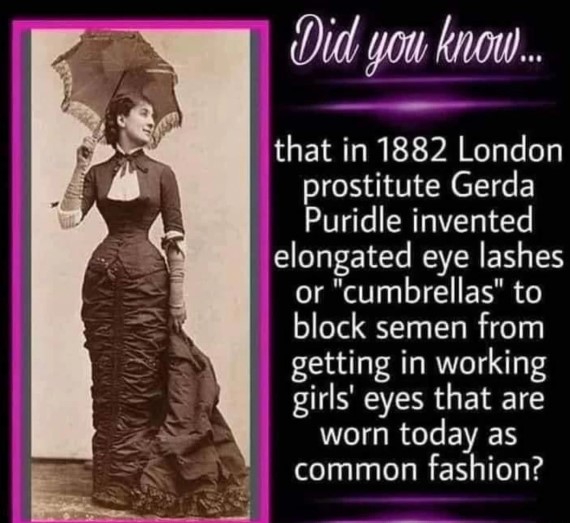
However, this claim is false.
In reality, humans have been beautifying their eyelashes since ancient Egypt, and it wasn’t until the late 1800s that people figured out that they could lengthen their eyelashes with human hair. The first patent for an artificial eyelash wasn’t secured until 1911. So the umbrella story is only recent and doesn’t hold water.
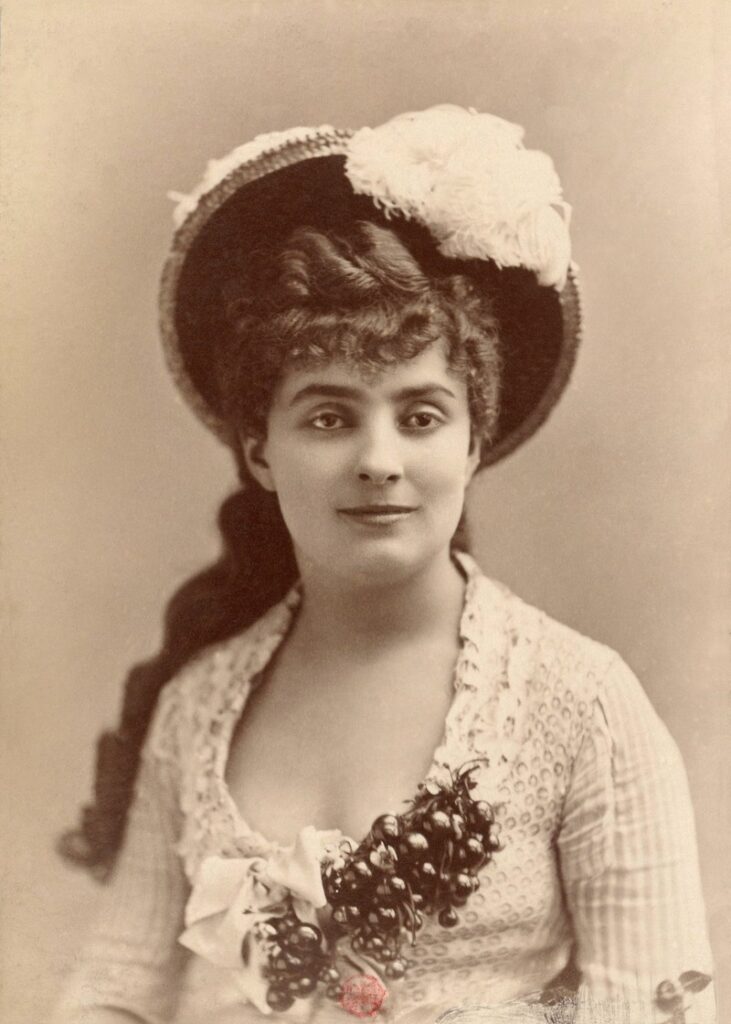
Also, the woman featured in the meme is NOT the ‘prostitute’ Gerda Puridle. The woman in the meme is Alice Regnault, a French actress and novelist who rose to prominence in the 1870s. While Regnault laid claim to titles such as actress, novelist, and journalist, it is also important to note that she did not invent elongated eyelashes.
So if Regnault did not invent elongated eyelashes, then who did? Let`s answer that question in the next section.
False eyelashes are artificial extensions that are attached to the natural eyelashes to enhance their length, thickness, and curl.
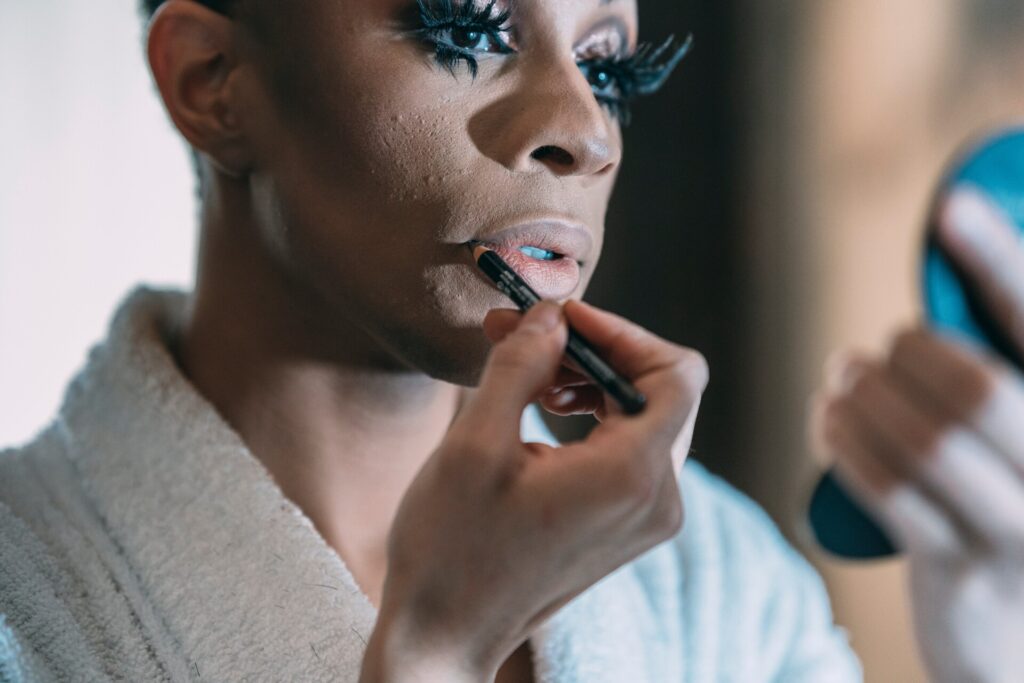
They can be made from various materials, such as human hair, synthetic fibers, silk, or mink. False eyelashes can be applied individually or in strips, and they can be worn temporarily or semi-permanently.
You can shop some of our favorite false eyelashes HERE
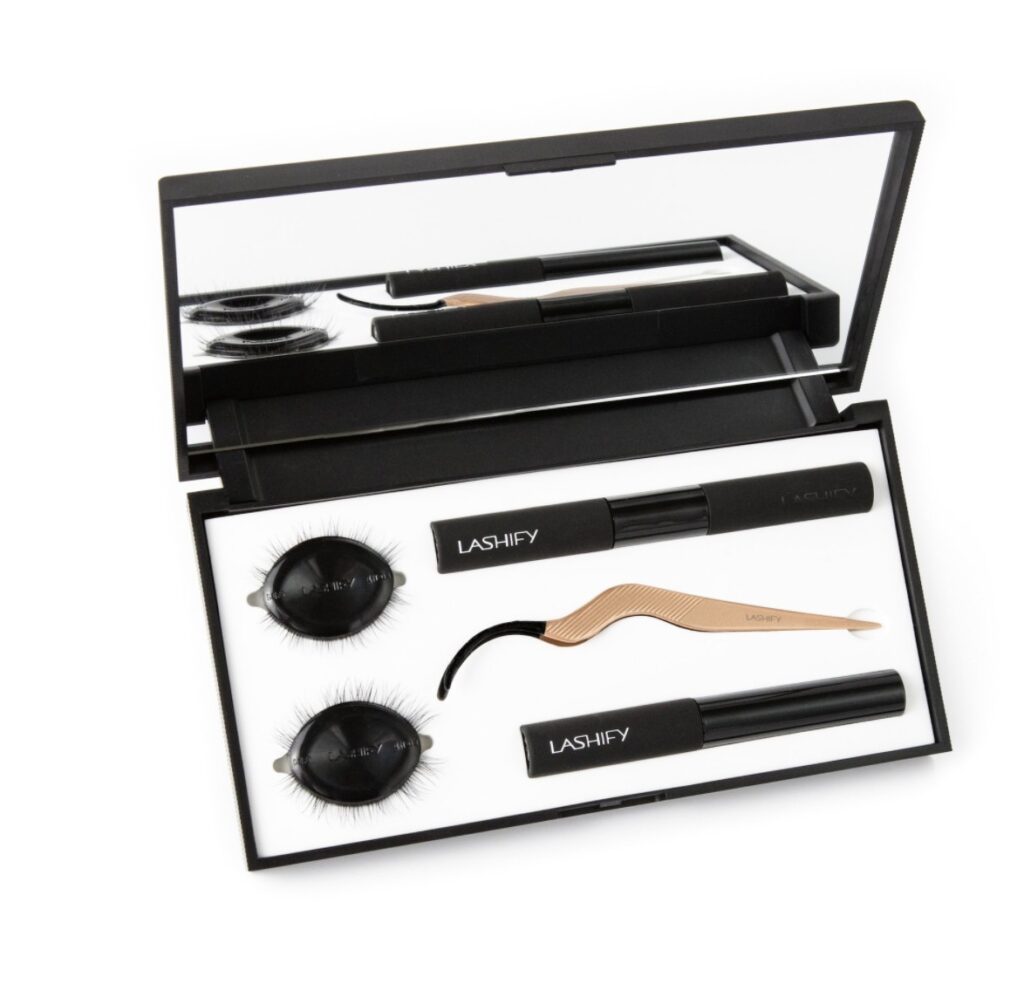
False eyelashes are a popular cosmetic accessory that can enhance the appearance of the eyes and create different looks, from natural to dramatic. They can also be used for medical or theatrical purposes, such as to cover the loss of eyelashes due to alopecia or chemotherapy, or to create special effects for movies or stage shows.
The history of false eyelashes dates back to ancient times when people from different cultures used various substances to darken and lengthen their eyelashes.
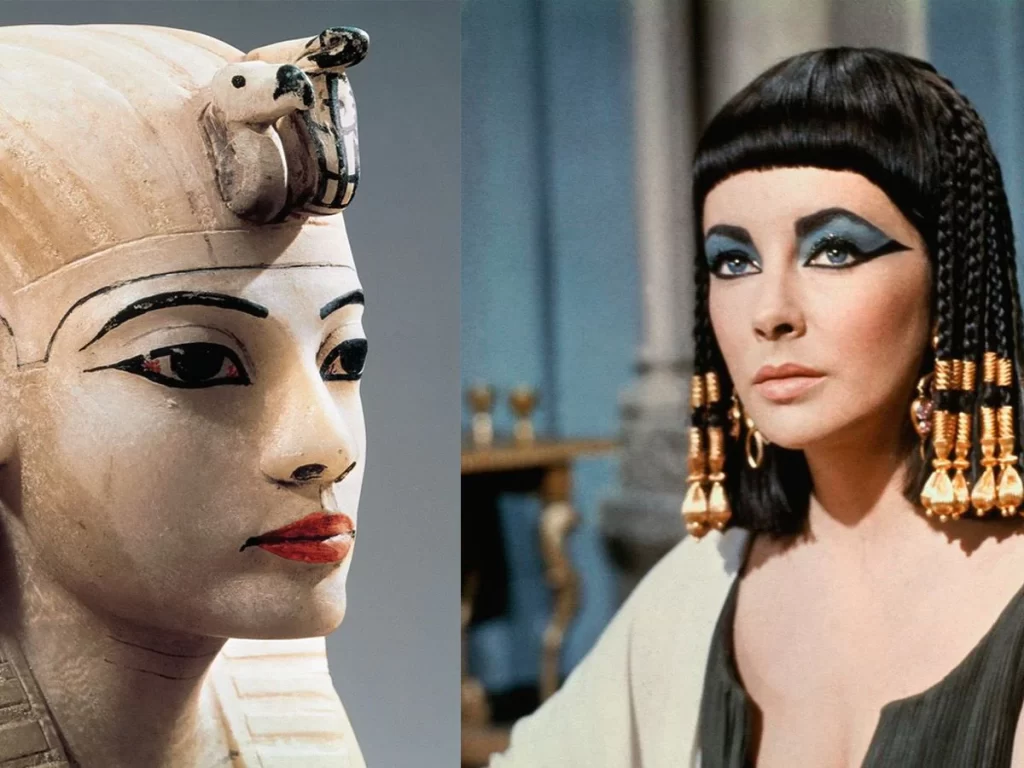
For example, the ancient Egyptians used a substance called kohl and ointments to protect their eyes from the desert sun and to signify their social status.
The ancient Romans too believed that long eyelashes indicated virtue and chastity, and used burnt cork or ashes to achieve this effect.
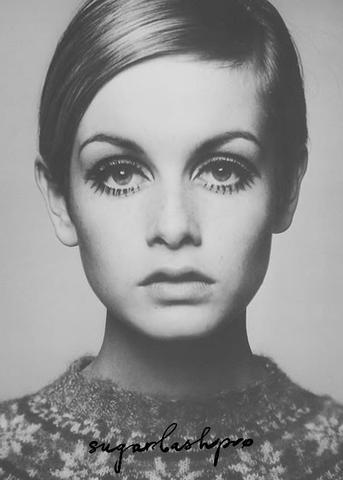
However, the modern invention of false eyelashes as we know them today is attributed to a Canadian woman named Anna Taylor, who patented the idea of “artificial eyelashes” in 1911. Her invention consisted of crescent-shaped strips of fabric with tiny hairs attached to them, which were glued to the eyelids using a gum-like substance.
A few years later, false eyelashes became more popular thanks to the film industry, especially after the director D.W. Griffith ordered a wig maker to create longer and more dramatic eyelashes for the actress Seena Owen in the 1916 epic film “Intolerance”. The wig maker used human hair and spirit gum to create the desired effect, which captivated the audience and inspired many women to emulate the look.
Since then, false eyelashes have evolved and diversified, with new materials, styles, and techniques being developed over the years. Today, false eyelashes are widely available and affordable and can be found in various shapes, colors, and sizes to suit different preferences and occasions.
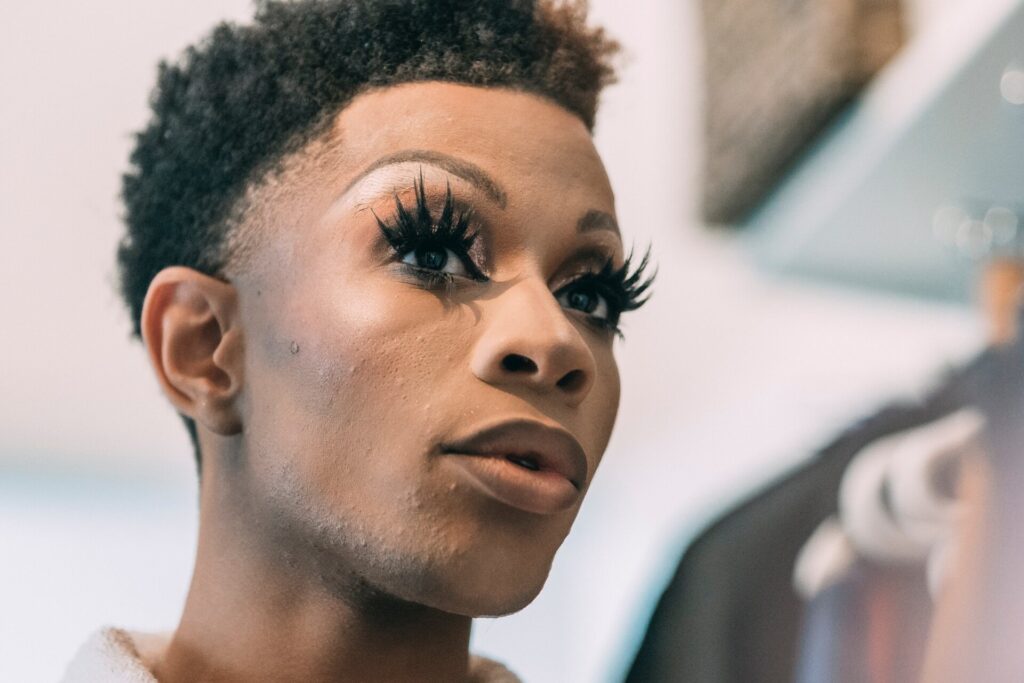
The meme is not only false but also disrespectful and harmful to the woman in the picture, who is Alice Regnault. As we already discussed, Regnault was not a prostitute, and she did not invent false eyelashes. The picture used in the meme was taken in 1879 by a famous photographer named Nadar and was published in a book called “The Actresses of Paris” by Emile Bergerat in 1882.
The meme is also disrespectful and harmful to the women who wear false eyelashes, as it implies that they are promiscuous or unhygienic. The meme also perpetuates the stigma and stereotypes associated with sex work, which is a legitimate and often marginalized profession that deserves respect and dignity.
Remember also that there is no evidence or record of a person named Gerda Puridle existing in London in 1882, let alone inventing false eyelashes. The name Gerda Puridle does not appear in any historical documents, newspapers, or census records from that period. The name also sounds very unlikely for a British woman in the 19th century, as Gerda is a Scandinavian name and Puridle is not a common surname.
The word “cumbrella” does not appear in any dictionaries, books, or magazines from that era. The word also sounds very anachronistic, as it is a portmanteau of “cum” and “umbrella”, two words that were not commonly used or combined in the 19th century. The word “cum” as a slang term for semen did not appear until the 20th century, and the word “umbrella” as a device for protection from rain or sun did not become widespread until the 18th century.
Lastly, there is no evidence or record of false eyelashes being used to block semen from getting in the eyes in 1882 or at any other time. The idea of false eyelashes being used as a form of contraception or protection from sexually transmitted infections is absurd and illogical, as false eyelashes are not designed or effective for that function. False eyelashes are attached to the eyelids, not the eyeballs, and they do not cover the entire eye area. They also do not prevent the contact or transmission of bodily fluids, such as saliva, blood, or semen, which can enter the eyes through other means, such as kissing, biting, or scratching.
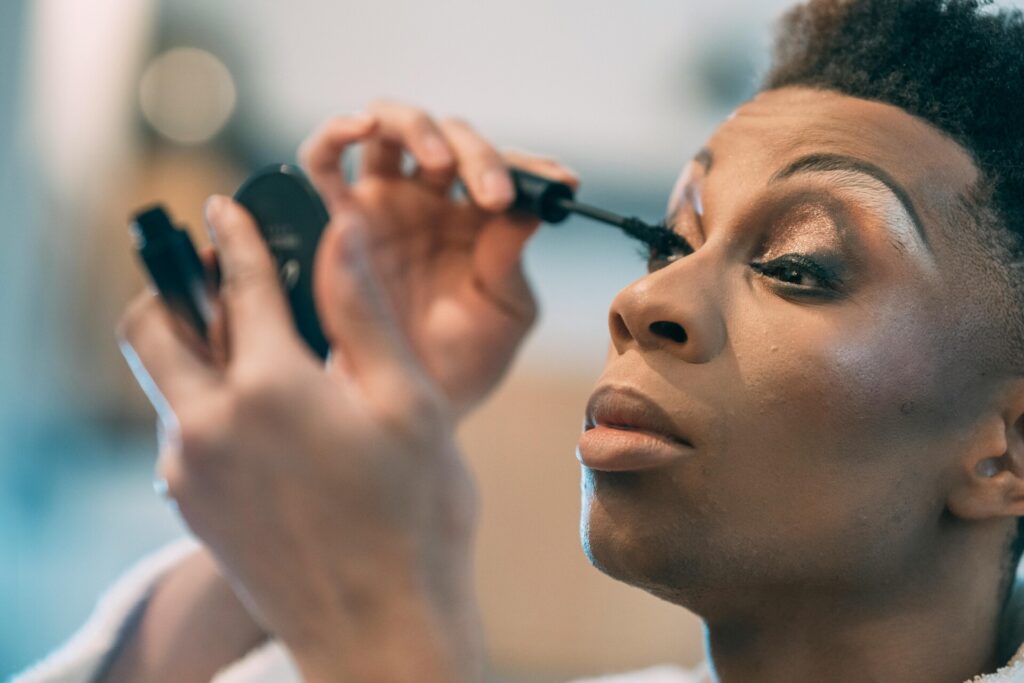
Poor take, dear meme creator.
A: False eyelashes are generally safe and harmless for your eyes, as long as you use them properly and hygienically. However, some potential risks and complications may arise from wearing false eyelashes, such as:
To avoid or minimize these risks and complications, you should follow these tips when wearing false eyelashes:
A: There are different methods and techniques for applying false eyelashes, depending on the type, style, and preference of the false eyelashes and the wearer. However, a general and simple way to apply false eyelashes is as follows:
A: Removing false eyelashes is as important and delicate as applying them, as you want to avoid damaging or losing your natural eyelashes or hurting your eyes or eyelids. Here are some steps to remove false eyelashes safely and easily:

Thank you for reading this post, We trust it has been informative. If you would like to shop our favorite false eyelashes feel free to take a look at what is on offer HERE




